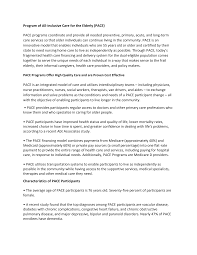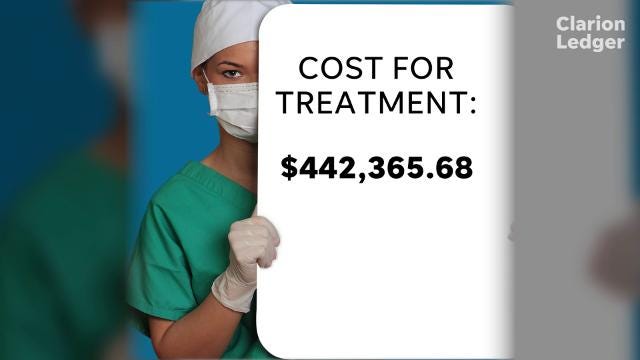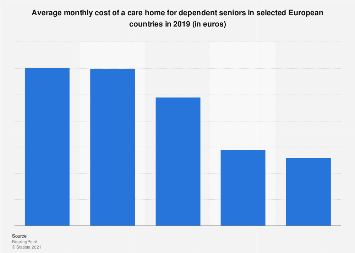
No matter if you're a seasoned vet or just starting, there are plenty of opportunities for progression in pediatrics. It doesn't matter if you want to become a doctor, a pharmacist or a nurse. You just need to know what your job entails. Here are some things that you should be looking for.
Pediatrics can be described as a broad field, with many personalities. Some pediatricians want to be part of a medical team, while others may prefer to focus on policy setting. However, it's important to remember that some people are born to be doctors, while others need a little extra help to get started.
A pediatric nurse is one of the best ways to start your career. You could work in private or public schools as well in pediatric hospitals. You will need to have a Bachelor's degree in order to be successful in this position. Some pediatric nursing specialties let you specialize such as pediatric critical care nurse or pediatric clinical specialist. You might also consider a career in public health, or even dentistry.

As a pediatrician, your job will require you to perform many tasks, such as diagnosing and treating patients as well as educating parents about preventive care. This includes a plethora of different tasks, such as reviewing x-rays, delivering medicines, and discussing the treatment with the child.
Among the more enlightening aspects of being a pediatrician is that you'll get to meet cute and cuddly kids. It's also a great opportunity to witness their development and watch how they grow. It's a rewarding job that is both exciting and fulfilling.
Pediatrics is an ever-growing field, which means there are plenty of new opportunities to find. When you're trying to find a new job, it is worth looking at job boards online and visiting your local licensing board. It might be a good idea to join organizations such as the American Pediatric Association (APA) or the Academic Pediatric Association (AAP), which both work to improve the health of all children. It is also worth looking into how much you could earn.
Being involved in organizations like these can be a great way to network with other professionals. It is also an excellent way to learn about various medical specialties. This can help you determine which one is right for you.

It is no secret that pediatrics can be competitive. If you want to succeed in this field, you will need to put in some effort. You should also have a healthy work-life balance. To have a long and happy career, you should not be forced to give up your family or yourself.
It's important to find a career that suits you best, and one that you're genuinely interested in. You should ask yourself important questions about medicine. What are your strengths and experiences, and what are your goals in medicine?
FAQ
What is a health system?
The entire spectrum of health care is covered, including rehabilitation and prevention. It includes hospitals and clinics as well as pharmacies and community services.
Health systems are adaptive complex systems. They are complex adaptive systems with emergent features that cannot always be predicted by looking at each component.
The complexity of health systems makes them difficult to understand and manage. This is where creativity steps in.
Creativity can help us solve problems that we don’t have the answers to. Our imaginations are used to invent new ideas and improve things.
Because they are constantly evolving, health systems require people who think creatively.
People who think creatively can help change the way health systems operate for the better.
What's the difference between public health and health policy?
Both terms refer to the decisions made or legislated by policymakers in order to improve how we deliver our health services. One example is the decision to build an additional hospital. This decision could be made locally or regionally. Local, regional, and national officials may also decide whether employers should offer health insurance.
Who is responsible to ensure public health?
Public health is an issue that affects all levels of government. Local governments control roads, schools, parks, and recreation facilities. Both the state and national governments create laws and regulations for food safety, workplace safety and consumer protection.
What is my role within public health?
Participation in prevention programs can help you and others protect their health. You can also contribute to improving public health by reporting any injuries or illnesses to healthcare professionals to help them prevent future ones.
Statistics
- For the most part, that's true—over 80 percent of patients are over the age of 65. (rasmussen.edu)
- For instance, Chinese hospital charges tend toward 50% for drugs, another major percentage for equipment, and a small percentage for healthcare professional fees. (en.wikipedia.org)
- About 14 percent of Americans have chronic kidney disease. (rasmussen.edu)
- Foreign investment in hospitals—up to 70% ownership- has been encouraged as an incentive for privatization. (en.wikipedia.org)
- Over the first twenty-five years of this transformation, government contributions to healthcare expenditures have dropped from 36% to 15%, with the burden of managing this decrease falling largely on patients. (en.wikipedia.org)
External Links
How To
What are the four Health Systems?
The healthcare system is complex and includes many organizations, such as hospitals, clinics. pharmaceutical companies. insurance providers. government agencies. public health officials.
This project had the overall goal to create an infographic to explain the US's health care system to anyone who wanted it.
These are the key points
-
Annual healthcare spending totals $2 trillion and represents 17% GDP. This is almost twice as large as the entire defense budget.
-
In 2015, medical inflation reached 6.6%, which is higher than any other consumer category.
-
Americans spend an average of 9% on their health costs.
-
There were more than 300 million Americans without insurance as of 2014.
-
Although the Affordable Care Act (ACA), has been passed into law, it is not yet fully implemented. There are still major gaps in coverage.
-
A majority of Americans believe that the ACA should continue to be improved upon.
-
The US spends the most money on healthcare in the world than any other country.
-
The total cost of healthcare would drop by $2.8 trillion annually if every American had affordable access.
-
Medicare, Medicaid, private insurers and other insurance policies cover 56%.
-
The top 3 reasons why people don't get insured include not being able to afford it ($25 billion), not having enough time to look for insurance ($16.4 billion), and not knowing about it ($14.7 billion).
-
HMO (health care maintenance organization) is one type of plan. PPO (preferred provider organizational) is another.
-
Private insurance covers all services, including doctor, dentist, prescriptions, physical therapy, and many others.
-
Public programs cover hospitalization, outpatient surgery, nursing homes, hospice care, long-term care, and preventive care.
-
Medicare is a federal program providing senior citizens health coverage. It pays for hospital stays, skilled nursing facility stays, and home health visits.
-
Medicaid is a joint state-federal program that provides financial assistance to low-income individuals and families who make too much to qualify for other benefits.